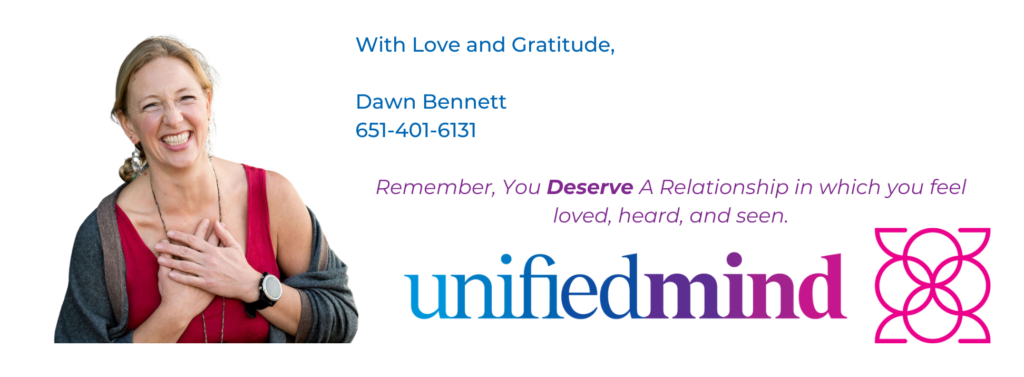Why Do Our Relationships Go Bad? Are We Biased?
“To be fully seen by somebody… and be loved anyhow—this is a human offering that can border on miraculous.”
Elizabeth Gilbert, Committed: A Skeptic Makes Peace with Marriage~
People Are So Rude…
Imagine with me for a moment…
We have a bad day, become a bit ruder, a bit less accepting, but no one calls us out. The next day, we hear something on the news, we become afraid of what’s happening politically, or with the pandemic, or with the economy and our brain changes. Emotion overrides our logical brain and eventually we cannot have conversations around conflicting ideas anymore.
Compassion becomes hard. You don’t know how to view others anymore. (You can learn EFT Tapping free to help clear this easily by clicking here.)
And Then…
People start asking inappropriate questions about our life decisions and judge us if our decision is different, before even asking or knowing why we made the choice we did. Our beliefs start becoming part of our identity, the way we connect, and the way we evaluate others.
We lose sight of the goodness in the world because we take our eyes off of it. Our society has gone through a very stressful (and traumatic) time. Read the research here.
Childhood Beliefs Are Triggered
We often don’t even realize the beliefs our unconscious mind has created from observation, family, and culture– even before we could talk. Although many of our beliefs are formed from age 0-7 years old, there are other major factors that influence how we integrate information. Belief perseverance and confirmation bias are two of them. Let’s explore what that means!
Confirmation Bias
“Confirmation bias is the tendency to look for, interpret, and remember information according to your beliefs, whereas belief perseverance is said to be a state wherein a person refuses to change his beliefs even though his beliefs might be proven wrong.”
In essence, confirmation bias is our natural tendency to look for information that supports the beliefs, values, or ideas we already hold. When the brain has familiarity with something, it recognizes that something more often. That goes for relationships and drama as well.
For example, after learning that you love to cook with shallots, you notice that they are in many dishes in the restaurants you frequent. Or you buy a certain type of car and then start noticing that make and model everywhere you go. But it can also be used in a less supportive manner, such as when the brain takes ambiguous information and interprets it to support its belief or desired outcome when, in fact, you were wrong to begin with. (OOH, that argument….)
Fortunately, the use of critical thinking can help mitigate the effects of confirmation bias as one analyzes information without bias or judgment, or at least tries to do so.

Belief Perseverance
“Belief perseverance is a concept that highlights the tendency of people to hold on to their set beliefs, theories, and ideas even though there might be explicit, incriminating evidence that suggests otherwise.”
I thought belief perseverance was just close-mindedness or stubbornness at first; as in, I didn’t know it was a real brain thing. All I knew was that trying to change a friend’s mind about something was challenging if not impossible, unless we were both willing to be open-minded and unattached to the outcome. But it’s actually a thing that was studied by researchers. So, I was excited to prove to my dad that I’m not so stubborn—it’s my brain!
Moving Forward
How do we repair relationships? It starts simply.
- Look at what creates conflict between you and other/s
- Notice how you feel about it
- Do Emotional Freedom Techniques (tapping) to clear it easily and effectively.
Need to learn how? There’s a free class series in here. Or schedule a call with me. I am here to help.



